Have you ever dreamed about having your own fresh eggs every day? Picture this: stepping out into your backyard, collecting warm eggs from your own chickens, and knowing exactly where they come from. It’s an appealing thought, isn’t it? If you live in an urban or suburban area, you might think that raising chickens is out of reach, but I’m here to tell you that it’s not only possible but also surprisingly easy.
In this guide, I’m going to share with you ten essential tips on how to raise chickens in your backyard. These tips are based on my own experience over the last several months, during which I’ve learned a lot about keeping chickens in an urban setting. From understanding local regulations to providing the right environment for your flock, I’ll cover everything you need to know to get started.
Raising chickens can be a rewarding endeavor, bringing you fresh eggs and a sense of self-sustainability. So stick around as we dive into the wonderful world of backyard chickens!
1. Check with Your City Ordinance
The first step in your chicken-raising journey is to check with your local city ordinances. Regulations can vary widely from one city to another. In my suburb, for instance, raising chickens is allowed, but there are specific rules in place to ensure that neighbors aren’t disturbed.
For example, you cannot have roosters due to their noise. If you’re not sure about your city’s rules, it’s best to contact City Hall. Many cities are becoming more accommodating as chicken-keeping grows in popularity, so don’t be discouraged if you find some regulations that work for you.
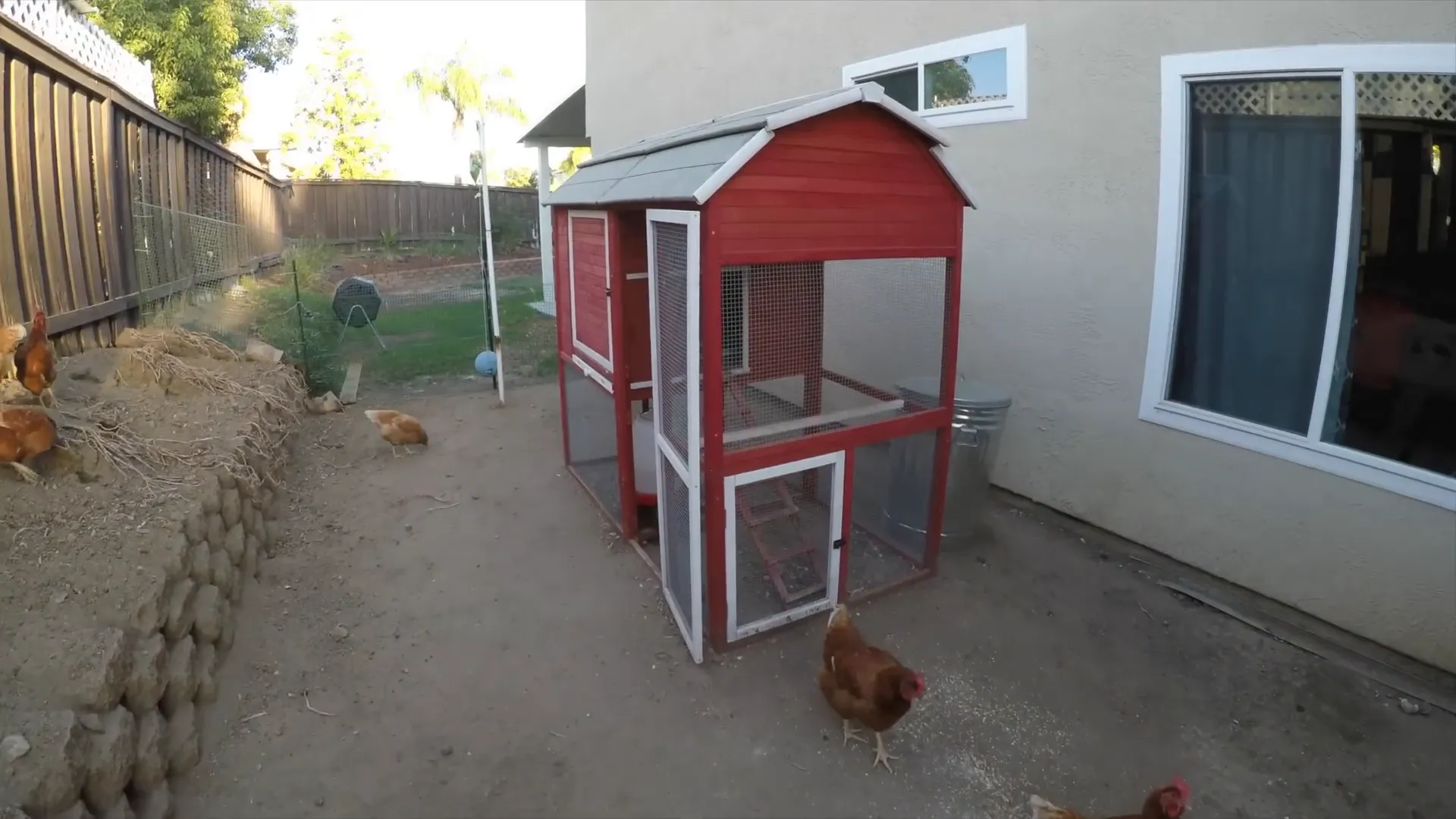
2. Find a Local Store That Sells Chickens
Once you’ve confirmed that you can keep chickens, the next step is to find a local store that sells them. This is important because it allows you to ask questions and get guidance on raising chickens. I got my chickens from a local store called Dixie Line in Southern California.
It’s a good idea to Google “where can I buy chickens” along with your city name to find a store nearby. Local stores often have staff who can assist you with any issues or questions you may encounter.
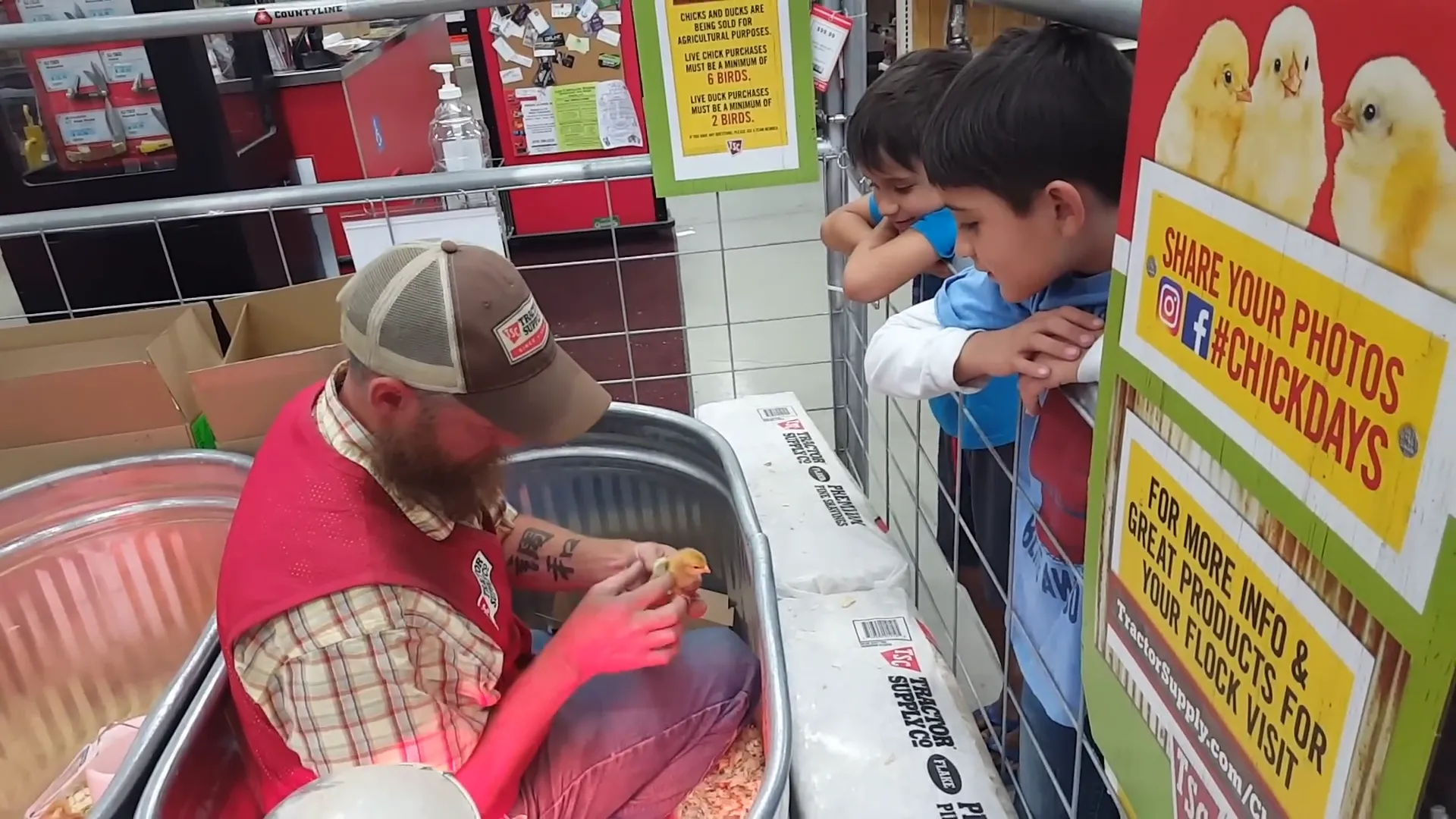
3. Chickens Need a Shelter
Providing a safe shelter for your chickens is crucial. Chickens need protection from the elements and predators. You can either buy a prefabricated chicken coop or build your own. If you choose to build your own, ensure that it has proper ventilation, roosts for them to sleep on, and nesting boxes where they can lay their eggs.
I recommend using wood shavings in the nesting boxes. It’s fascinating to see that my chickens always lay their eggs in the same spot every day. Make sure to have enough fencing to keep out predators like raccoons and neighborhood cats.

4. What Chickens Like to Eat
Feeding your chickens properly is essential for their health and egg production. The foundation of their diet should be chicken feed, which contains all the necessary supplements they need. On average, they require about one to one and a half cups of chicken feed per day.
Chickens absolutely love worms and bugs, so if you have a garden, toss the worms over to them when you find them. They’ll appreciate it, and you’ll enjoy watching them go crazy for their treats! Additionally, you can supplement their diet with table scraps, greens, and dried worms.
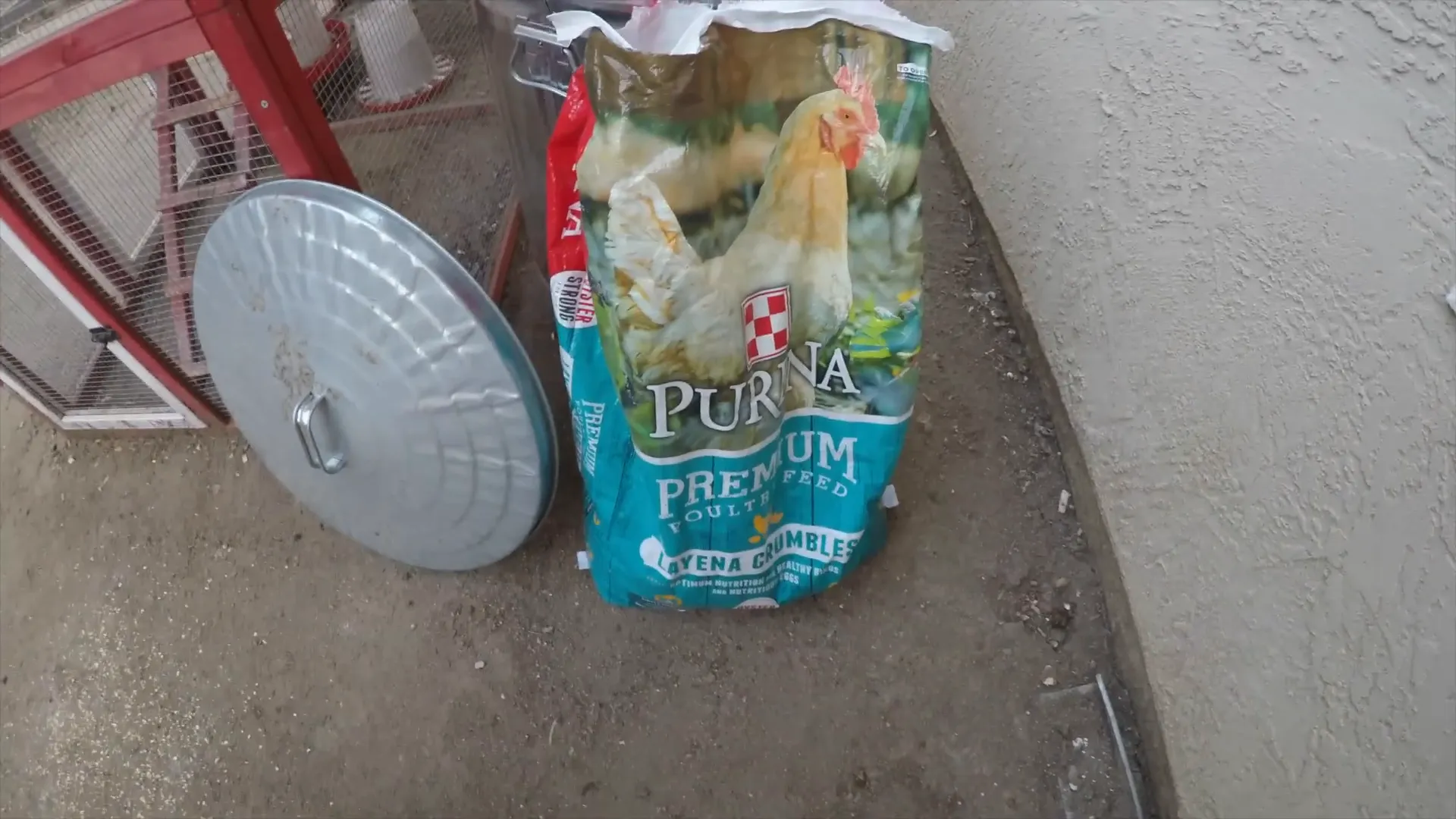
5. Provide Plenty of Clean Water
Water is vital for your chickens’ health. Always provide them with clean water, especially during hot summer months when they can drink a lot. I elevated my water container on bricks to prevent them from pooping in it. If there’s one thing I’d change about my setup, it would be to find a better watering system. Chickens can die quickly without enough water, so ensure they have constant access.
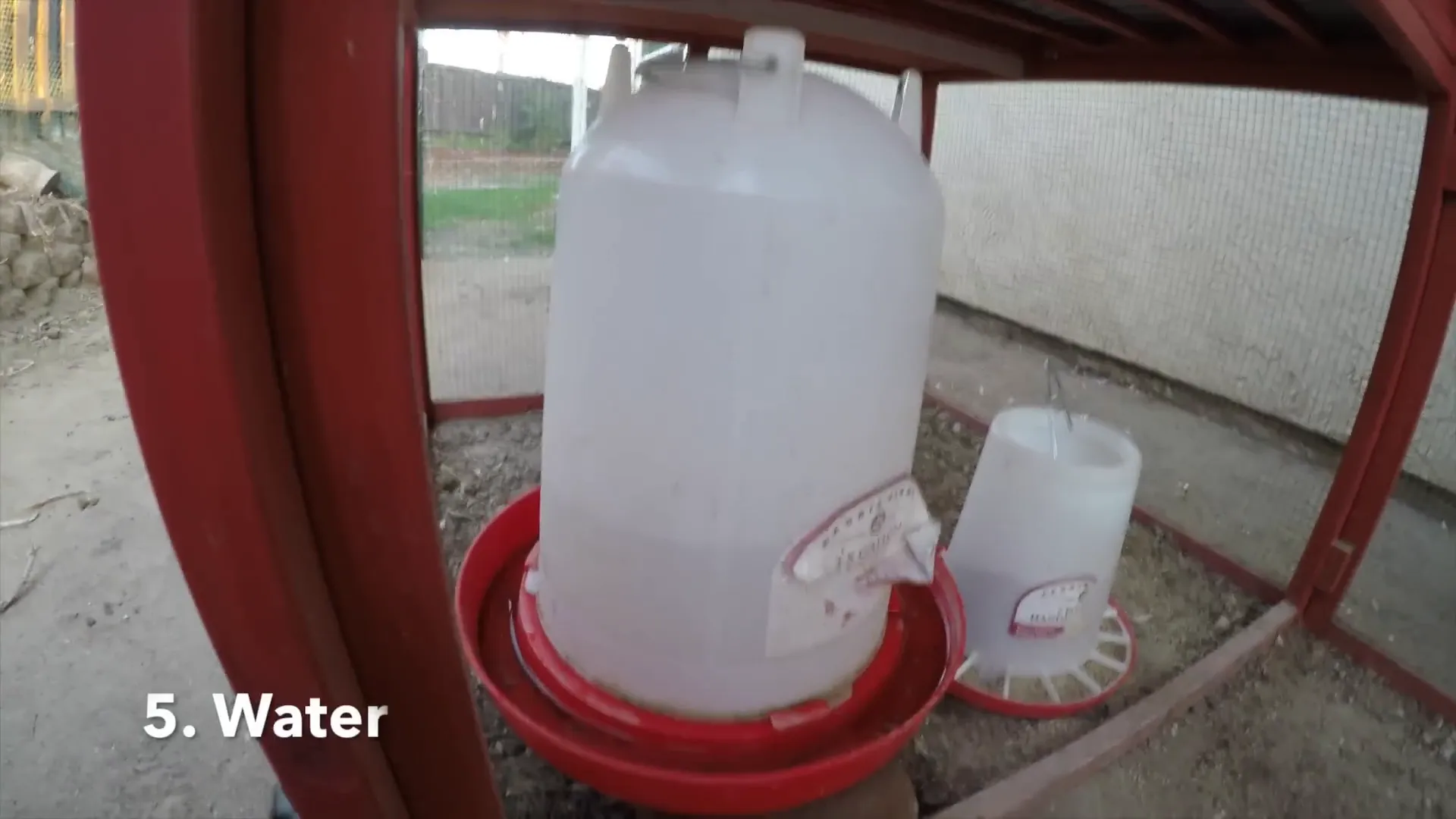
6. Dust Baths are a Must
Chickens love to take dust baths. It helps them keep their feathers clean and free from parasites. If your chickens don’t have access to dirt, you can create a dust bath area by filling a box with chicken dust, which you can purchase online. It’s essential to let them have this space, as it’s a natural behavior for them.
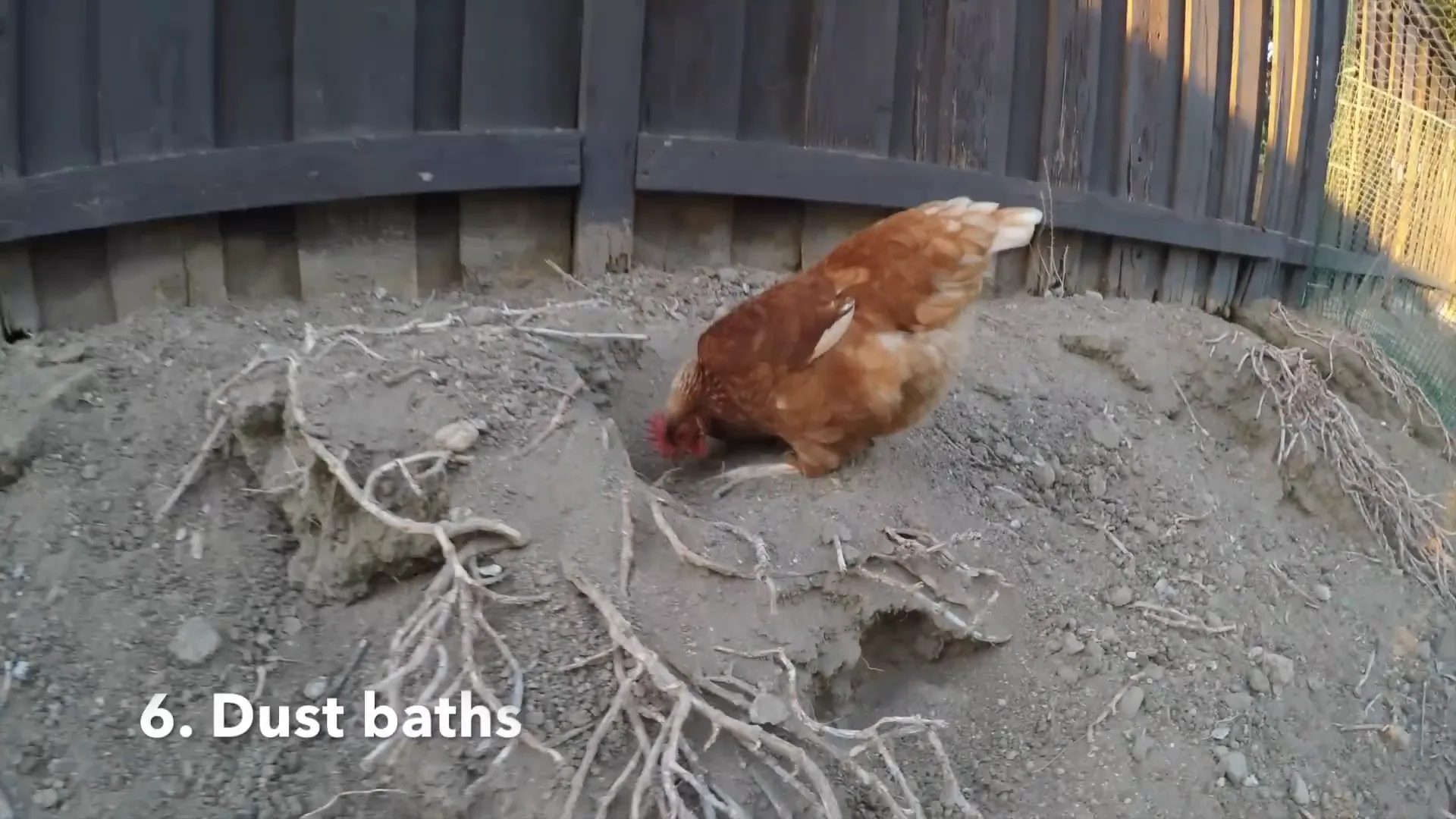
7. Expect a Lot of Poop
One thing that surprised me when I started raising chickens was how much poop they produce! Chickens will not confine their droppings to the coop; they will do it everywhere. While I didn’t find the smell to be too overwhelming, it does attract flies, which can be a nuisance. Fortunately, you can compost chicken droppings, but avoid putting them directly into your garden. Just be prepared for this aspect of chicken-keeping!
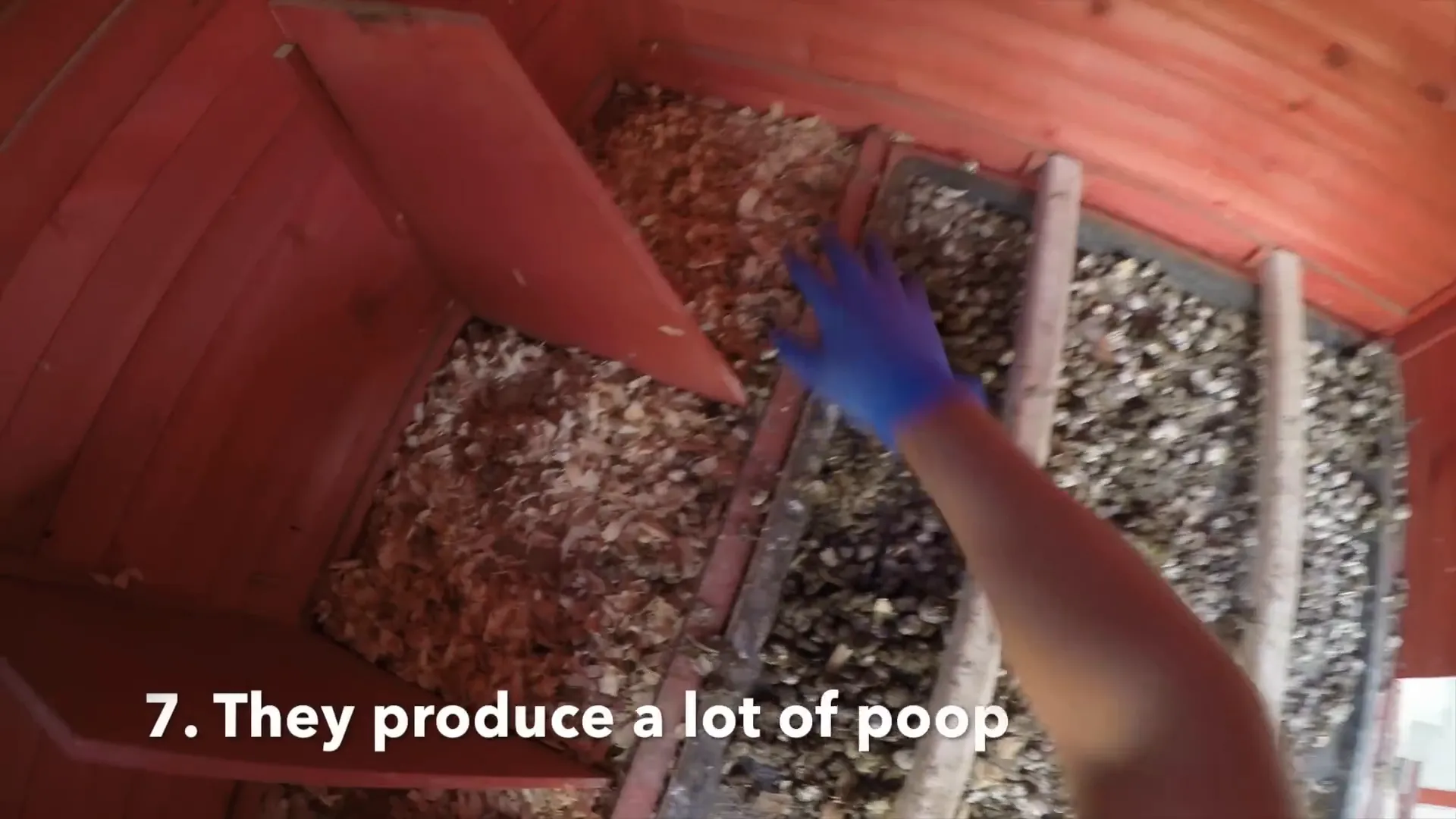
8. Temperature Regulation
Chickens can handle cold weather, but they do need some protection in extreme temperatures. In the summer, keep them in a shaded area to prevent overheating. During the winter, be mindful of their needs; if temperatures drop into the 20s, you may need to provide a heat lamp. My chickens seem to do well in the cold, but I always keep an eye on them to ensure they’re comfortable.

9. Space Requirements
The amount of space you provide for your chickens is crucial. A good rule of thumb is to allow two to three square feet per chicken inside the coop and eight to ten square feet per chicken in an outside run. More space is always better. I let my chickens roam in the backyard frequently, which keeps them happy and healthy. Remember, happy chickens lay more eggs!
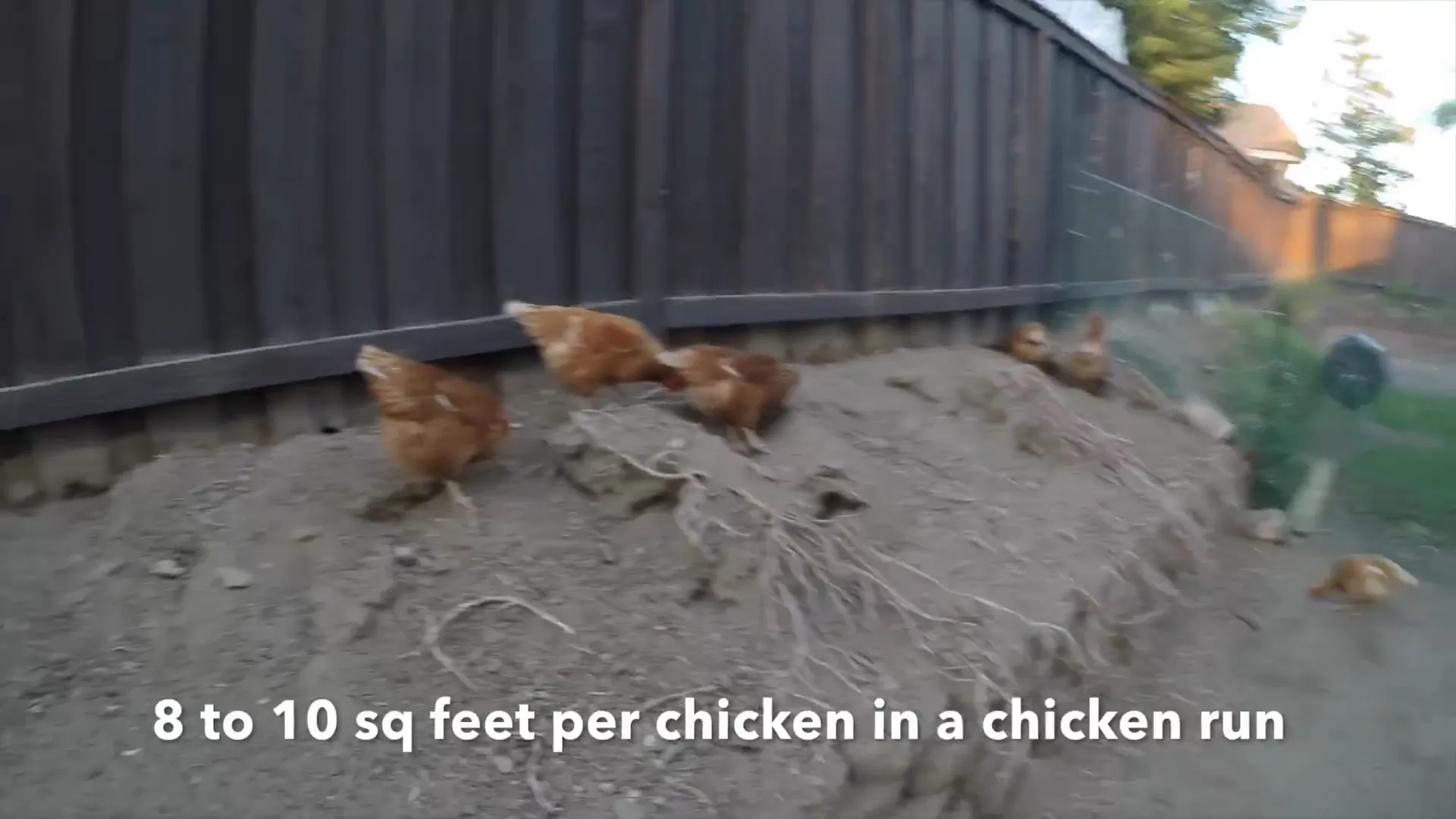
10. Just Go For It!
Finally, my best advice is to just go for it! I tend to overthink things and plan everything, but when it came to getting chickens, I took a leap of faith. I got my chicks when they were just a day old, and I’ve been pleasantly surprised at how easy it is to care for them. As long as you keep them fed and watered, they’ll thrive. I get eggs almost daily from my hens, and it’s been a rewarding experience!

Conclusion
Raising chickens in your backyard can be a fulfilling and enjoyable endeavor. With just a bit of planning and commitment, you can enjoy the benefits of fresh eggs and the joy of caring for your flock. Remember to check local regulations, provide adequate shelter and space, and ensure they have a balanced diet and plenty of clean water. Chickens are not only fun pets but also an integral part of self-sustainability. If you have any questions or tips to share, feel free to leave them in the comments below. Happy chicken-keeping!
Also Read: How to Build Your Ultimate Pantry Stockpile: Essential Items for Every Prepper
Frequently Asked Questions
- How many chickens do I need to start?
It depends on your needs, but starting with three to five hens is a good idea for beginners. - Can I keep roosters in an urban area?
Many urban areas have rules against keeping roosters due to noise. Always check your local ordinances. - What do I do with chicken poop?
Chicken droppings can be composted but should not be used directly in the garden. They need to be aged first. - How often do chickens lay eggs?
Hens typically lay eggs daily or every other day, depending on the breed and their environment. - What is the best breed for backyard chickens?
Some popular breeds for beginners include Rhode Island Reds, Orpingtons, and Leghorns, as they are known for being hardy and good layers.

.webp)